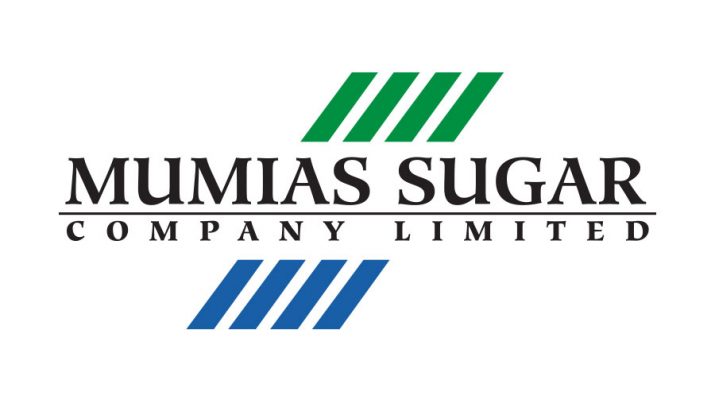Mumias Sugar Company has reported a 42 percent widening of its full year result despite ongoing efforts to restore the sugar miller. взять займ онлайн без проверок
In the period ended June 30, Mumias saw its net loss grow to Sh6.77 billion from Sh4.75 billion a year earlier.
In a statement, Mumias Sugar board chairman Kennedy Ngumbau attributed the loss to a mix of acute cane shortage which saw cane prices rise steeply during the period.
This saw sugar production drop by 67 percent from 407,008 tons from 1.2 million tons in 2016.
“The major challenge faced by the company throughout the year was the acute shortage of sugarcane experienced in the region coupled with a 28 percent increase in cane price. Total cane crashed was 407,008 tons ….leading to suboptimal factory capacity utilization,” Mr Ngumbau said.
Sugarcane production has been largely affected by severe drought at the start of the year with millers also raising concerns over cases of cane poaching.
The Agriculture and Food Authority (AFA) estimated a shortage of 1.9 million tons at the end of last financial year.
With low sugar production, Mumias saw its revenue drop by 67 percent to Sh2.1 billion from Sh6.3 billion.
Sugar sales contributed Sh1.3 billion to the bottom line while sale of ethanol generated Sh794 million.
Mumias shut down its water bottling business but is set to revive its electricity sales business after signing a new power purchase agreement with Kenya Power.
“The company has also undertaken measures aimed at resuming power export business at a renegotiated higher tariff,” he said.
Mumias Sugar has over the past years received Sh3 billion from the government to finance its turnaround plan and get back to profitability.
Mr Ngumbau said the turnaround strategy is still in place and will be making moves to steer the mill’s recovery in the current financial year.
“the board and management haves initiated a turnaround strategic plan focused on enhancing cane availability, factory optimization, improved financial management and a performance driven workforce,” he said.
The board did not recommend a dividend to shareholders.
Compiled by Collins Gathogo.

